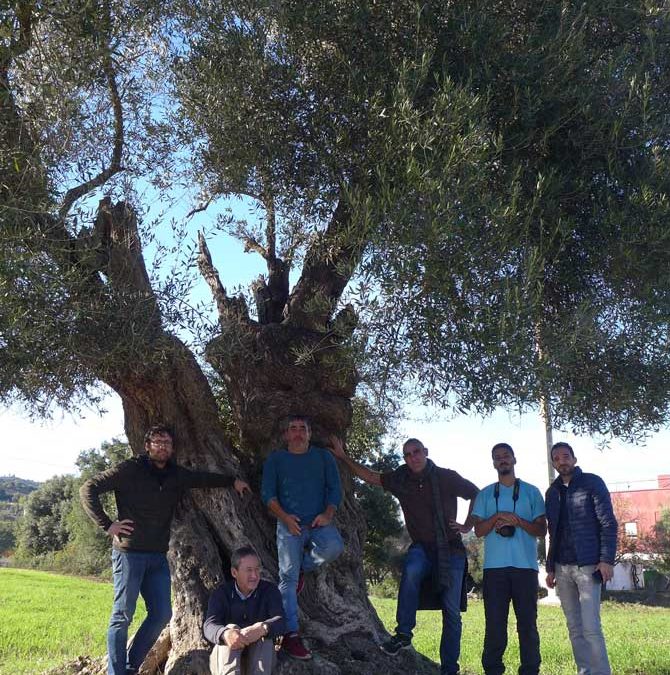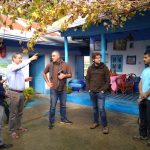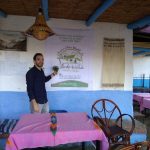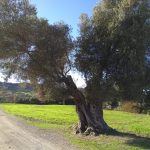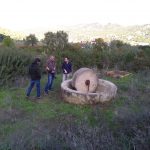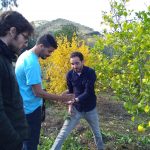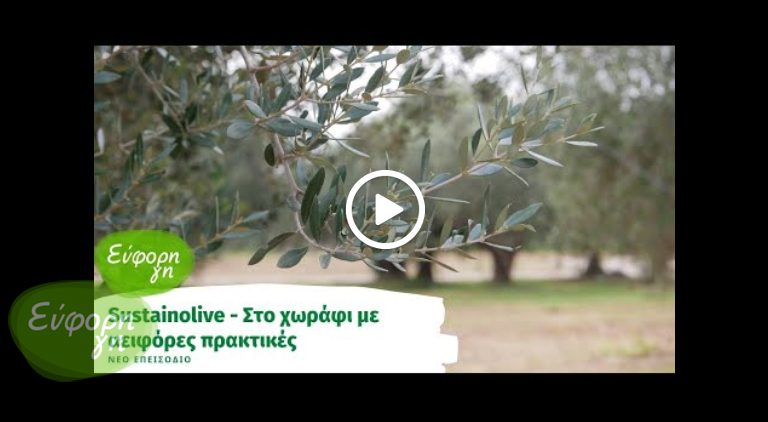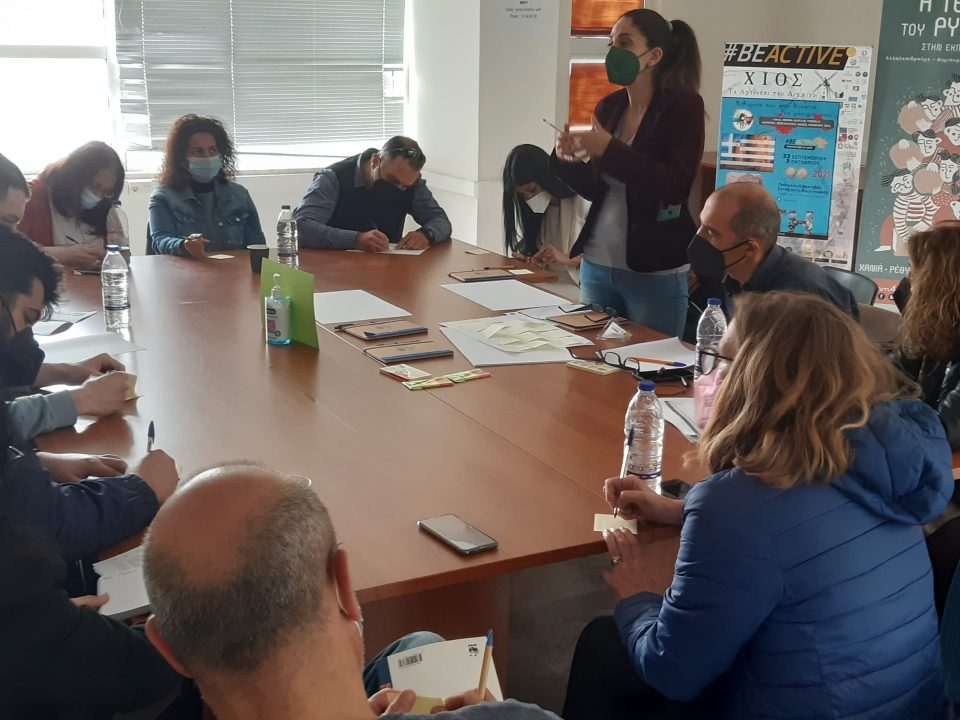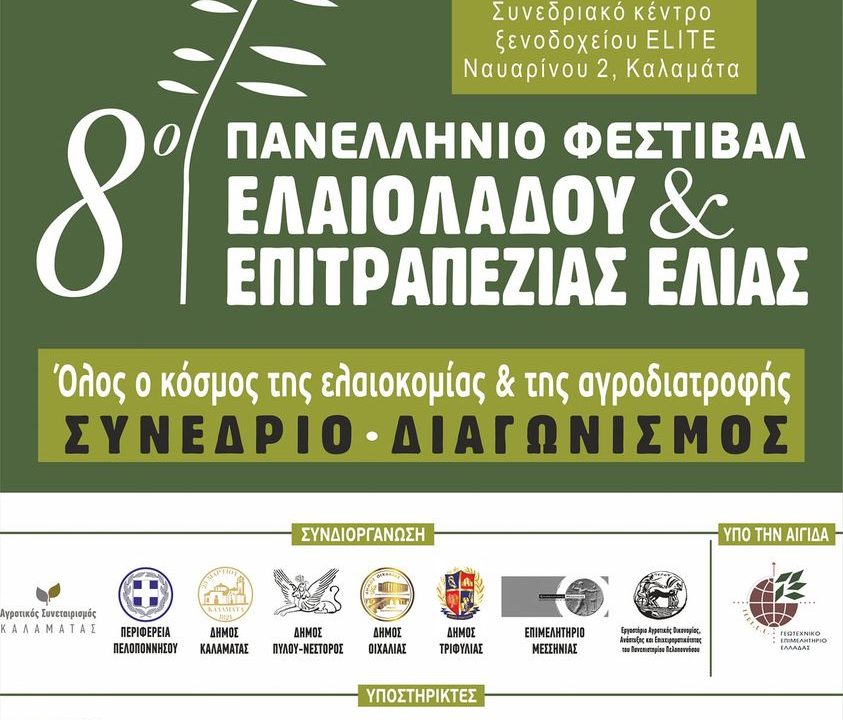
29th Conference: Research applications and advanced technologies in Crop Production
22 Οκτωβρίου, 2019
Sustainolive visit Evora, Portugal
22 Ιανουαρίου, 2020The team formed by Julio Calero, Roberto García Ruiz (University of Jaén), Carlos Cebrián and Alejandro Gallego (Tekieroverde), was embarked on a work visit to help plan the tasks of Moroccan partners. The trip has been organized by Professor Kamal Targuisti (Abdelmalek Essaadi University) between November 27 and December 3, 2019, and we were lucky to share the trip with Ali Yahya, the young biologist who has recently joined the project and that has shown great interest in catching up on all assigned tasks.
We visited the partners of the Coopérative Oumnia Acorn where Saleheddine El Azzouzi, the technical manager, guided us through different olive oil mills and farms in the area to identify the possible plots where the implementation will take place as the monitoring of different tasks and demonstration of activities. During the visits to the oil mills, some technical and organizational details could be learned, as well as the opportunities for the potential use of the polluting waste by-products. Saleheddine gave us a walk through his facilities, with a fantastic lunch and visited his vegetable garden arranged with permaculture principles.
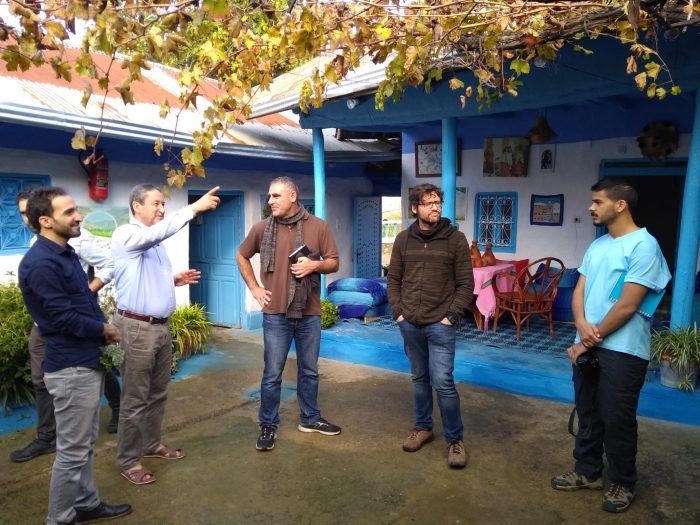
In the second part of the trip we move to the region of Marrakech to learn about the work developed by the Tismonine Association, led by Fatima Raji Allah. We were able to take a tour of different olive grove management models, from modern olive groves with varieties selected by the Institut National Recherche Agricole de Marrakech for Al Haouz, to traditional olive groves managed by the local community. In the same way we visit 2-phase, 3-phase oil mills, as well as a relic of the past, an animal traction mill. In the meeting with the women members of Tismonine we were also able to visit a micro-oil mill and a handmade soap factory, both financed by the Ministry of Agriculture that is leading these projects under the Maroc Vert program. We greatly appreciated the hospitality and affection given by Fatima and her husband Jean Louis Bodinier, who accompanied us from the airport throughout the tour of olive groves and mills in the area. Jean Louis, a researcher at the Mohamed VI Polytechnic University, organized a guided tour of this modern university and a meeting with specialists from different fields related to the olive grove from Egypt, Tunisia, Morocco and France.
Both in visits to olive groves and mills the team was able to conduct interviews with farmers and mill masters, as well as Tismonine’s partner producers who accompanied us in the olive grove and in its milling facilities and soap factory.
According to experts, the olive groves visited show a high degree of sustainability in their management and very low production costs: periodic contributions of organic matter (mainly manure), associated crops between the olive lines (cereals and legumes), practically zero use of synthesis products, integration of livestock, local olive selection techniques for implanting grafts, respecting shrubs, biodiversity reservoirs, and other good environmental practices. The Moroccan olive growers associations let us know that one of the weaknesses of the visited olive grove is related to pruning and the incidence of pests and diseases and showed their interest in SUSTAINOLIVE serving to:
- i) improve pruning techniques for, among other reasons , facilitate the collection and increase the productivity of trees, ii) have more knowledge and information, in collaboration with the technicians of the Ministry of Agriculture, on monitoring the degree of incidence of pests and diseases. In the same way, with regard to oil mills, it would be necessary to know better the possibilities of improvement in the times of reception and grinding, the use of by-products, the selection of healthy olives to improve the quality of oils, as well as the training of teachers of oil mill and technical teams in terms of tastings and marketing. We found especially interesting the disposition of all the people interviewed to collaborate in the project and participate in the training and transfer sessions that could arise in the development of the project.
One of the pending tasks will be to know the representativeness of these forms of management in the country, and identify the presence of intensive or superintensive olive groves, as well as the percentages they represent.
Visitors want to thank the organization and attention given by Kamal and Ali. During the visit we could enjoy the mountains of the Rif, in the surroundings of Chaouen with a nature of breathtaking beauty. We highlight the tour of the natural areas of Talassemtane and Jebel Buhasen, the visit to Tetouan, the delicacies served at each stop, and the close relationship between the participants in this adventure.
This visit has allowed us to redefine the objectives of the project, as well as some of the tasks that we must develop in the different work packages.


